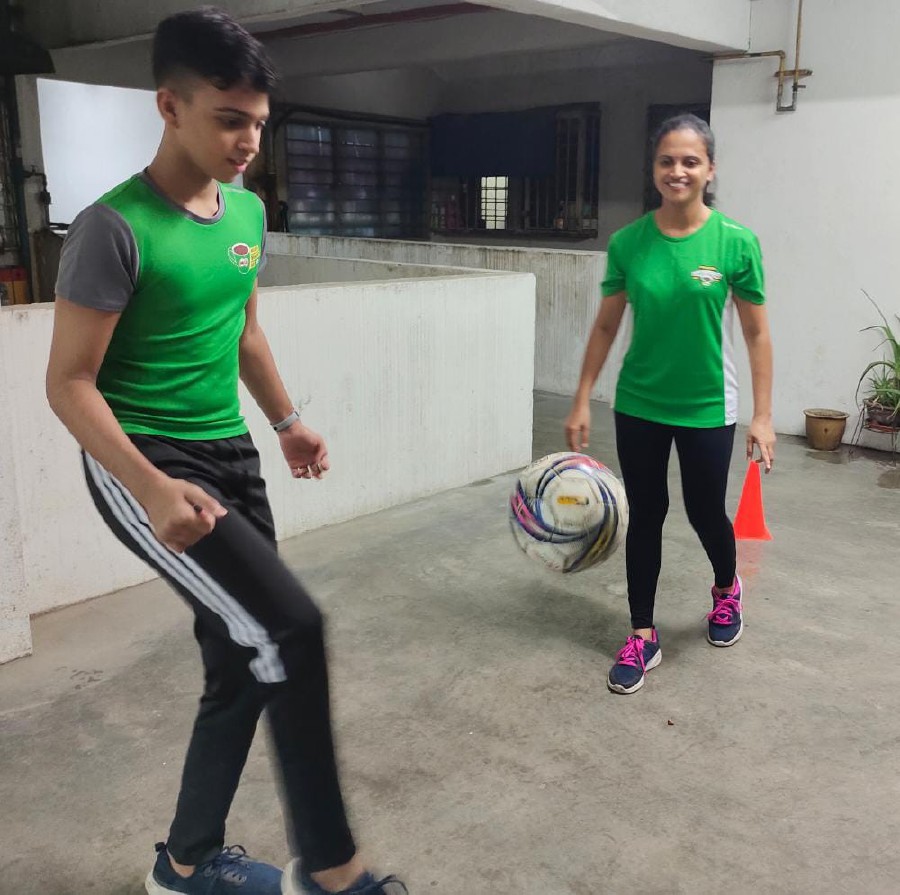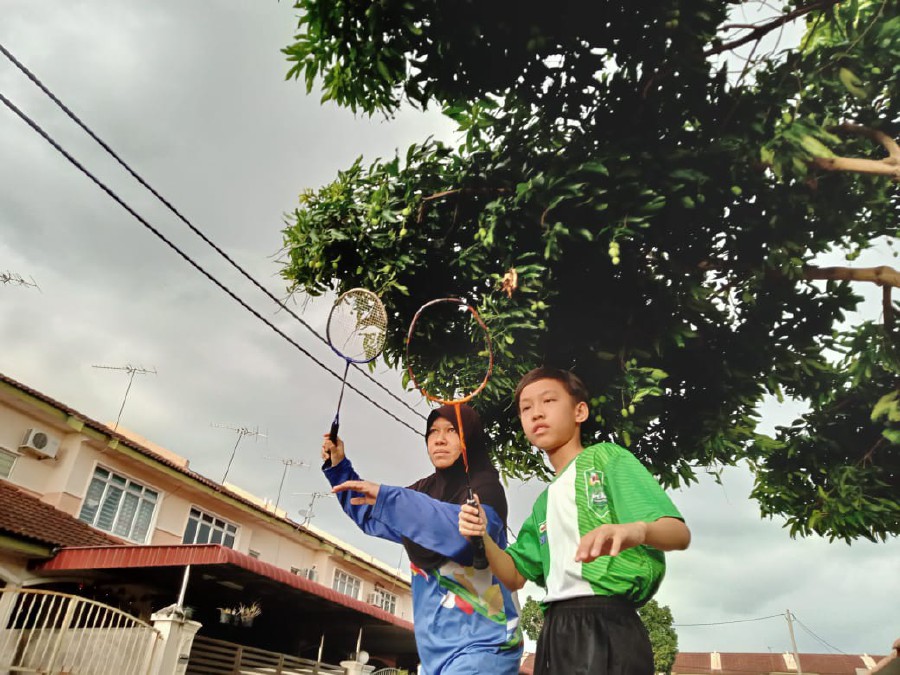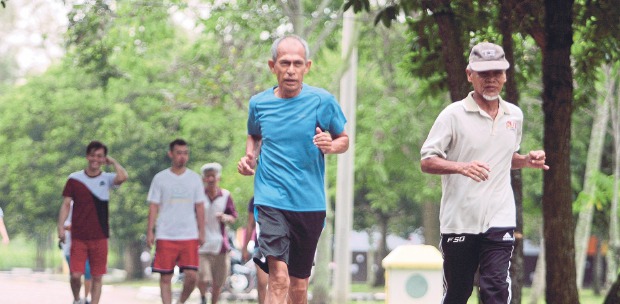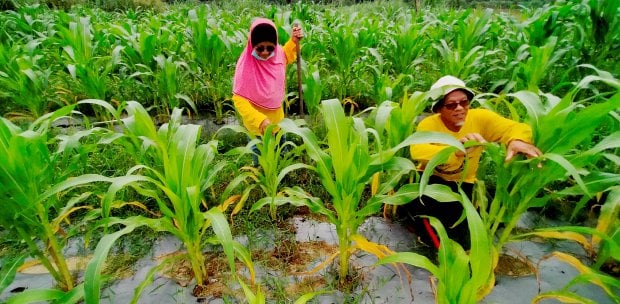FOR parents, the struggle to keep their children motivated at home during this prolonged lockdown has never been more real.
Children are being kept away from much needed face-to-face playtime and social interaction with their friends.
In the long run this situation can give rise to what experts are calling home-based learning fatigue.
The problem, according to developmental psychologist and Sunway University's senior teaching fellow, Elaine Yong, is two-fold.
"Burnout and boredom. Mental exhaustion due to extended periods of home-based learning can cause learning burnout, while the extra time during the day that children have which is usually reserved for school activities can cause boredom. This can lead to more screen time on smart devices and gadgets."
While there is no silver bullet to beat burnout and boredom, there are ways that parents can help keep home-based learning fatigue at bay.
Start by creating routines, explains Yong. Simple and consistent daily routines are best and making task management a norm helps children settle into their routine.
"It can be as easy as completing a set of 3 to 4 manageable tasks a day, arranged in order of preference or degree of difficulty."
With families staying safe at home, the line between learning and resting, the latter of which is a crucial, yet overlooked aspect of children's mental wellness, is often blurred.
Yong says mandating rest days is a good start – make sure there is one "no school work day" or "no device day" for the whole family to spend quality time with each other.
And on those rest days, encourage children to start a hobby, discover a new interest or take up a new sport.
Playing sports helps support children's mental wellness. It is a positive way to destress and improve sleep quality, explains Yong.
"Keeping the body active leads to better attention and focus. An active body is an active mind."
Although the pandemic and associated restrictions around physical contact have put sports on the back burner, parents are encouraged to keep their children active at home.
"Motion is lotion for young developing muscles and skeletal growth," stresses Yong.

As many states around the country have transitioned into Phases Two and above of the National Recovery Plan, families can now enjoy outdoor activities with more relaxed SOPs.
Yong recommends walking, cycling or jogging around the neighbourhood as a family for 30 minutes twice a week.
"Turn it to a nature discovery session, as many children particularly in urban areas do not have an appreciation for nature."
To those who choose to remain indoors, the house can easily be turned into an active zone.
That was what parents who signed up their children for online sports classes under the Milo Champions Clinic: E-Coaching discovered.
The initiative provides professional sports training online for children aged 7 to 12 in the safety of their own homes.
It's available in three sports – futsal, basketball and badminton and the programme helps children stay active.
For more information about the Milo Champions Clinic E-Coaching, go to:
https://www.milo.com.my/get-active/milo-champions-clinic-get-active





